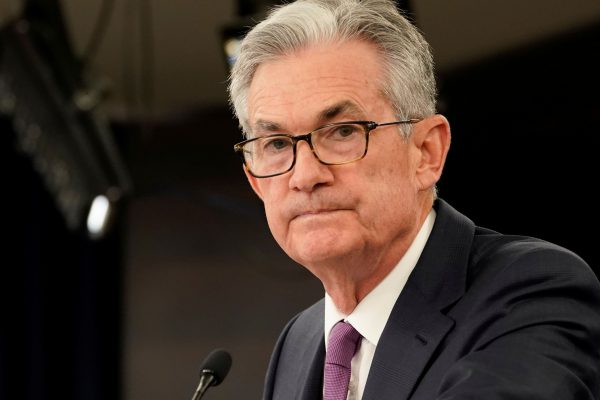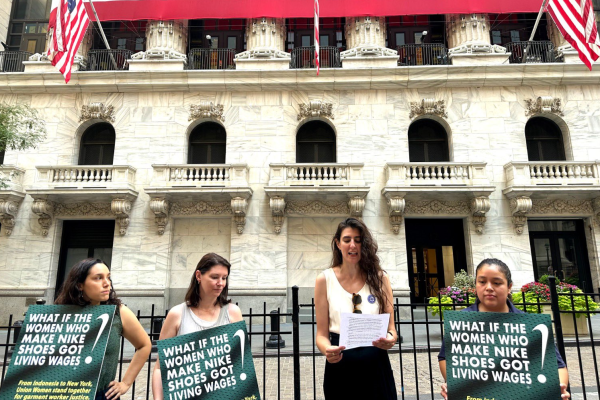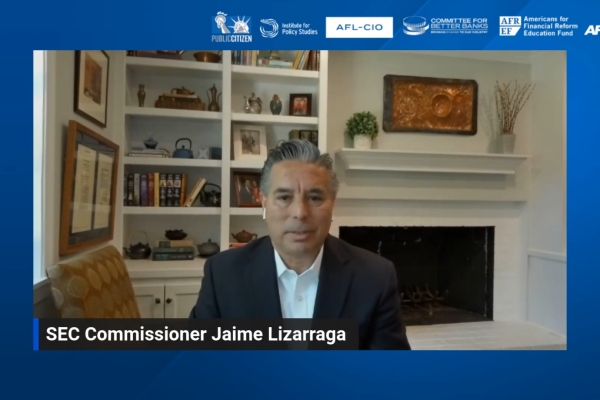Blog: Powell Should Recuse Himself from Basel Endgame Process
Federal Reserve Board Chairman Powell, you should recuse yourself from the consideration of the Basel III Endgame regulatory capital rule to preserve the integrity of Federal Reserve regulatory decision-making and avoid the appearance of impropriety that would undermine public perception of the central bank’s independence and impartiality. Meeting with big bank CEOs in secret creates the appearance that powerful regulated entities cannot merely influence rulemaking during the public notice and comment period and through their policy arguments, but that they can meet off the record and set regulatory red lines which federal authorities will not cross.










